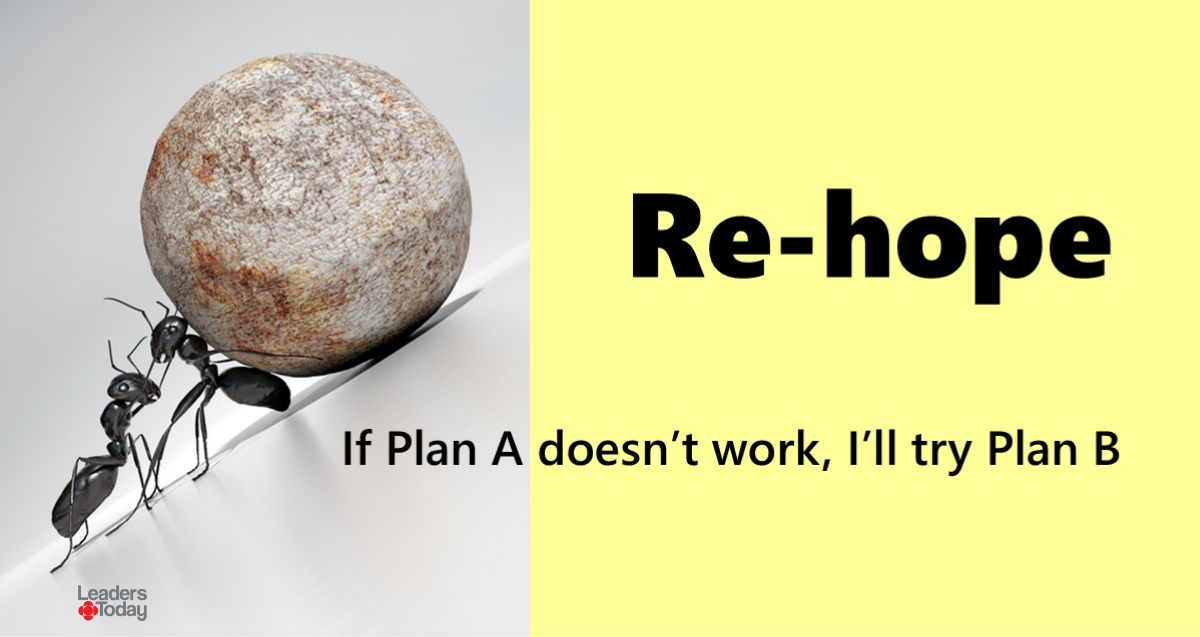Change! Are you facing unknown territory?
I guess this is a rhetorical question nowadays. Aren’t we all constantly facing unknown territory? Students don’t know if what they are learning now will be useful the day they hit the market looking for employment. The markets is so volatile that those who do have a job, may well ask themselves for how long. Managers don’t really know what the long-term future holds for them, for their team, for their company. Parents cannot fathom what the world will look like for their children when they grow up, meteorologists can’t even tell us if our city will still be above water 20 years from now, and alas – the greatest of all uncertainties – our own ultimate finiteness makes all long-term planning more of an exercise in wishful thinking than anything else.
Perhaps the fear of change is just a modern day invention, an expression of the angst of advanced economies that would like to – understandably – remain unaffected by the vicissitudes of an unpredictable universe.
The ability to live without knowing the future and to embrace unexpected change are key capabilities that mankind already mastered, a very long time ago! It is this flexibility is that got us here.
From caveman to Wall Street analyst, no one has yet been able to unfailingly predict the availability of game in the bush, nor the course of stocks on the market. The natural state of things is to not know the future. Since the dawn of time we live with this existential ignorance. Humans have dealt as gracefully as possible with the ineluctable reality of constant change and facing the unknown until the modern times, when we it seems we have strangely lost this ability. Today we are afraid of change, entering unknown territory is a source of inexplicable and unbearable dread, rather than being the normal course of events.
Uncertainty and change are not a new phenomena. The complexity and unpredictability that we are experiencing today are actually nothing new, they’ve always been there. The universe is complex, human life is complex and nothing has ever been written in rock.
Despite the buzz about how scary change is, as a species we have always succeeded in navigating changing conditions. We have demonstrated resilience and creativity even in the most adverse situations.
That people resist change is a myth, humans are constantly adjusting to life’s surprises!
So let’s manage our fears, relax and go boldly into the unknown, like our ancestors, to discover the treasures that life has to offer !








